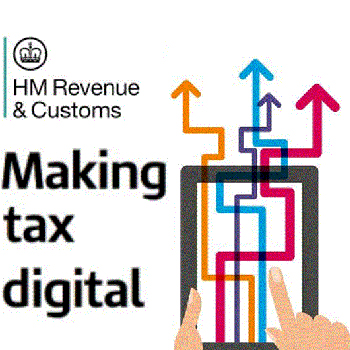If you’re self-employed, a freelancer, or have income outside of your regular employment, filing a self-assessment tax return is part of your yearly routine. While the process may seem straightforward, many people find themselves tripping up on common errors that can lead to unnecessary stress, fines, or overpaying tax.
In this blog, we’ll cover the most common self-assessment mistakes and how to avoid them, so you can file with confidence and ensure you’re paying exactly what’s owed!
Misplacing your UTR number
If you are completing a Self-Assessment tax return then you will have received a UTR (Unique Tax number when you registered as self-employed. It can be easy to misplace documents so if you haven’t made a note of your UTR number – fear not! You can find your UTR number on your personal tax account or by looking back through pervious tax returns.
Entering incorrect information to your Self – Assessment
Entering the wrong figures for income, expenses, or tax allowances can lead to big problems. Even something as simple as mistyping a National Insurance number or UTR (Unique Taxpayer Reference) can cause delays.
Make sure to double-check every section of your self-assessment before submitting it. Take your time to ensure you’ve entered everything correctly, and compare your numbers against your records, such as bank statements or invoices.
Using accounting software can help reduce the risk of errors, as many of these programs will automatically calculate totals for you.
If you make a mistake, you can amend your return within 12 months of the deadline, but it’s better to get it right the first time to avoid penalties!
Forgetting to include all Income
Self-assessment isn’t just for your main source of self-employed income. You’re required to declare all sources of income, including:
- Rental income from property
- Investment income (dividends, interest)
- Pensions
- Capital gains from the sale of assets
Failing to report all income could result in underpaying tax and potentially facing fines. Before you start your self-assessment, make a comprehensive list of all your income sources.
Keep thorough records throughout the year, such as rental agreements, dividend certificates, and bank statements.
If you have multiple streams of income, accounting software or a dedicated folder for financial documents can help keep things organised.
If in doubt – speak to the professionals! Finding an accountant is so useful for keeping records and streamlining the process of filing your return.
Get in touch with us today via email, or book in for a FREE telephone call! Contact us at info@future-cloud.co.uk!


